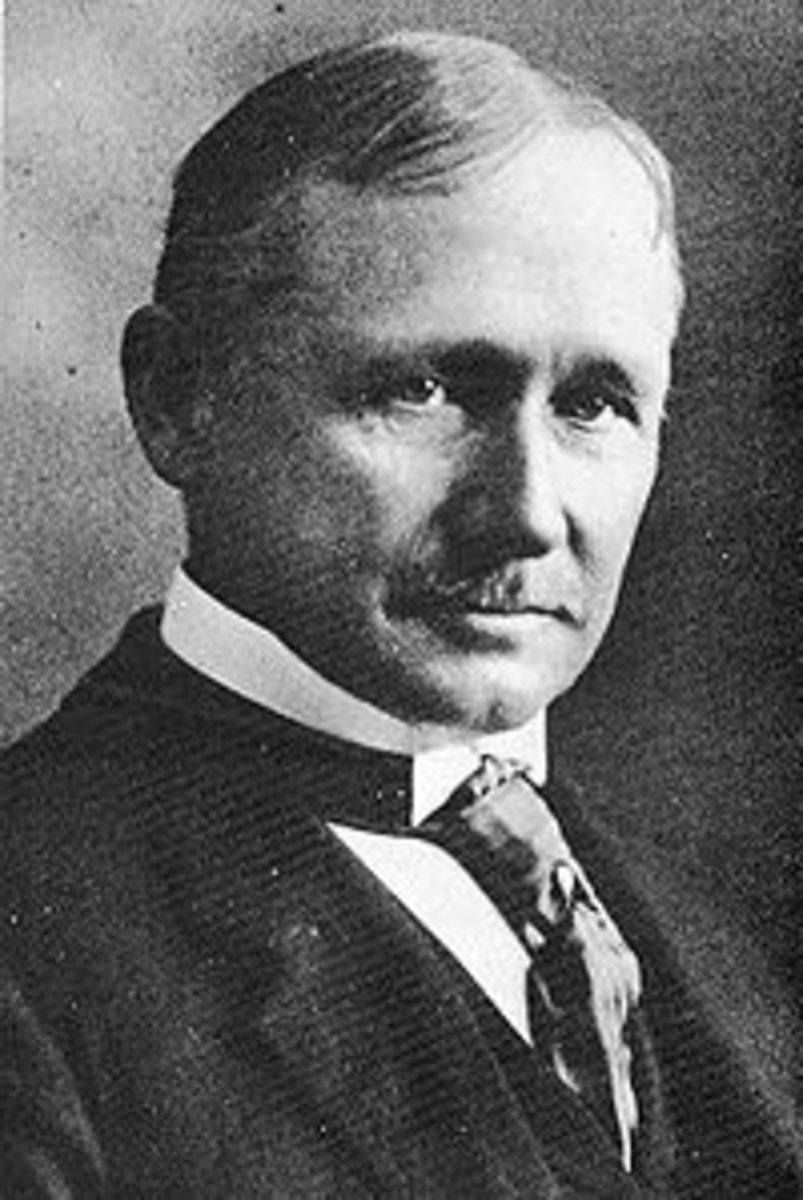Book Review: Spec Ops: Case Studies in Special Operations Warfare Theory and Practice by McRaven

William H. McRaven’s book, Spec Ops: Case Studies in Special Operations Warfare Theory and Practice the author attempts to develop a theory of Special Operation and explain why the phenomenon occurs. Having served our country as a US Navy SEAL and at virtually every level within the Special Operations community and establishing the Naval Postgraduate School’s Special Operations/Low Intensity Conflict curriculum, he has proven himself competent and knowledgeable of the intent, influence and impact of Special Operations. McRaven has attained the rank of Vice Admiral and is currently the Commanding Officer of Joint Special Operations Command. Before his current assignment, he was Commander of Special Operations Command Europe and has been designated Director of the NATO Special Operations Forces Coordination Center.
Drawing on his knowledge and experience, McRaven clearly establishes an operational definition of Special Operations that fits within the guidelines established by Joint Publication 3-05 (Doctrine for Joint Special Operations) but is more limited and specific. His definition is as follows:
“A Special Operation is conducted by forces specially trained, equipped, and supported for a specific target whose destruction, elimination, or rescue (in the case of hostages), is a political or military imperative.”
McRaven asserts that all Special Operations are conducted against fortified positions where the enemy utilizes defensive warfare and therefore at an advantage. According to Carl Von Clausewitz, whom McRaven often quotes, defensive warfare is stronger than offensive warfare as it has the only objective of preventing the position from being overrun. The outcome of not being defeated is, by default, a defensive victory. Clausewitz felt that superior numbers was the best, if not only, way to win. McRaven challenges this theory, offering his concept of relative superiority as vital to the success of any Special Operations mission. This relative superiority can be achieved by integrating six principles that are applied throughout the process of a Special Operation from conception to completion. They are: Simplicity, Security, Repetition, Surprise, Speed, and Purpose. The epitome of which, can be explained as a simple plan, carefully concealed, repeatedly and realistically rehearsed and executed with surprise, speed, and purpose.
Regarding the principle of simplicity, Napoleon was known for telling his battle plan to the lowest ranking person available and having him paraphrase it in his own words. The logic was that if it were simple enough for the lowest man to understand it, everyone else between him and the commander would be able to as well. Sun Tzu says, “These military devices, leading to victory, must not be divulged beforehand.” It is comparable to McRaven’s security principle. The US Marine Corps Martial Arts Program advocates “tough realistic training”, which is often achieved through repetition. Sun Tzu appreciated the principle of surprise; he advised, “Attack him where he is unprepared, appear where you are not expected.” He also equates speed to his concept of energy as he compares the onset of troops to “the rush of a torrent which will even roll stones along in its course.” Carl Von Clausewitz seems to have strongly influenced McRaven in regards to purpose. Clausewitz cautions that theorists are inclined to look at combat more logically and almost as if it were simply an equation. Recognizing the value of each warrior having a personal commitment to the mission, he says, “This is one of a thousand errors which they quite consciously commit because they have no idea of the implications.”
Admiral McRaven presents the information in a very consistently logical and easy to follow format as he takes the reader through eight case studies from the histories of Special Forces organizations from around the world. First the narrative is given of each mission from conception to completion. After that, the next section is an analysis and critique. There is a unique graph to help the reader visualize at what point relative superiority was threatened, gained or lost and compare it to the times when the assaulting force was most vulnerable. The next section is a breakdown of the six principles and how the force in the particular case study measured up or fell short.
Composed by an author who is not only knowledgeable but also (perhaps more importantly) experienced in the ways of Special Operations, unconventional warfare and low intensity conflict, this book provides a valuable insight into the use and deployment of Special Forces. A good read that provides entertainment for the casual reader and knowledge for the serious student of combat and warfare. Addressing successes that identify positive trends and failures that identify mistakes and shortcomings for the next generation of warriors learn from and not repeat.
Was this hub helpful to you? If so, Please Click here
McRaven, William. SPEC OPS Case Studies in Special Operations Warfare: Theory and Practice. New York: Presido Press, 1996.

If you'd like to see more on this subject...









